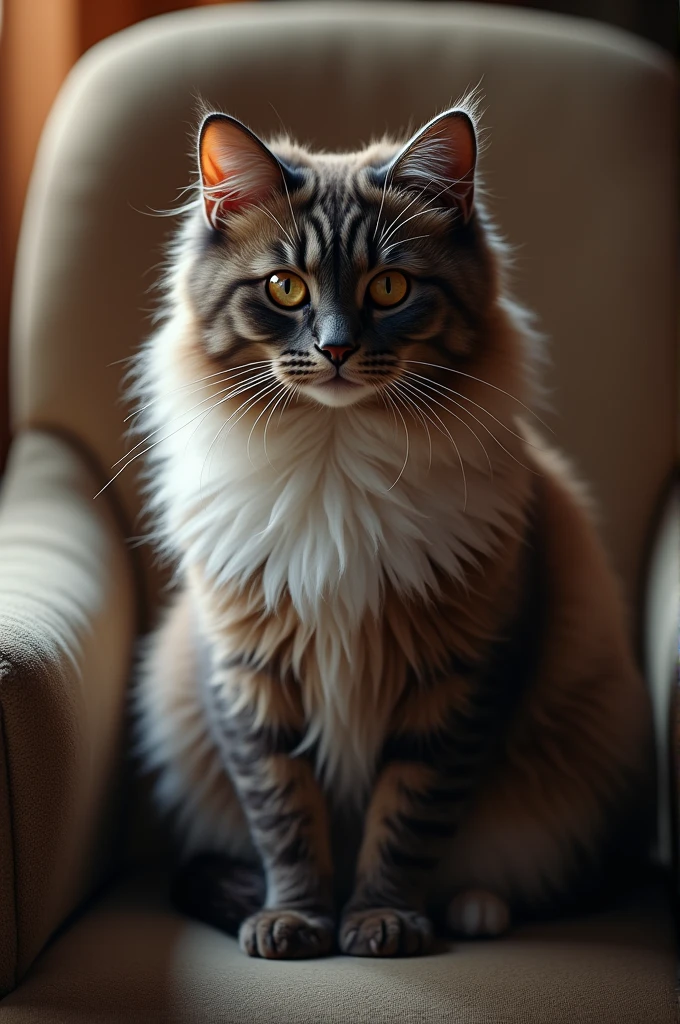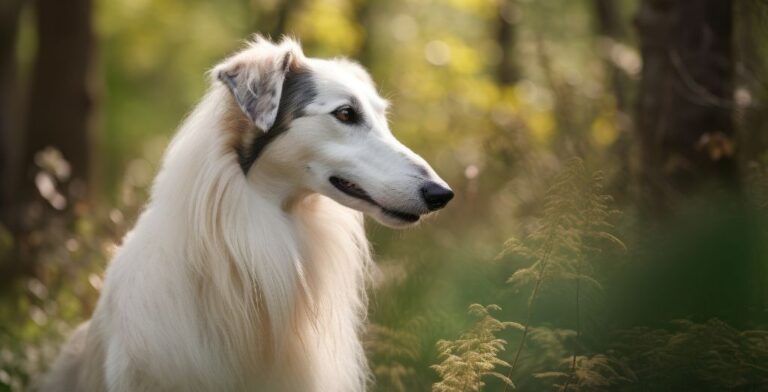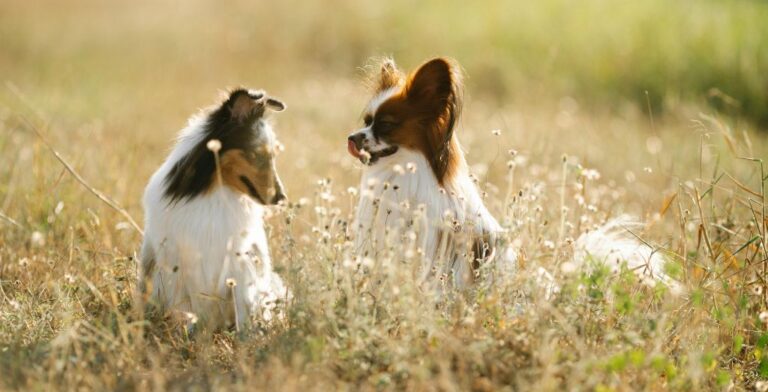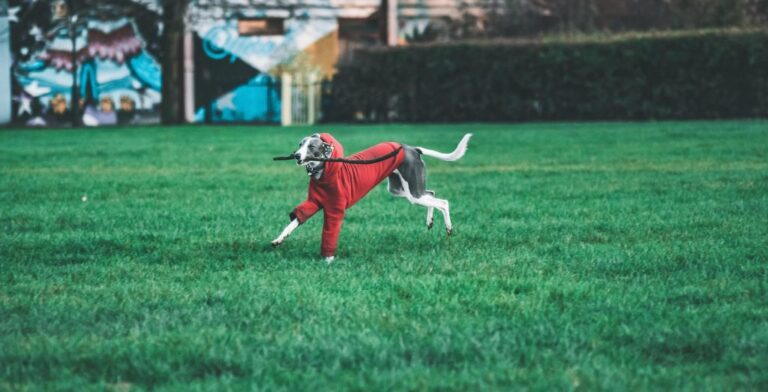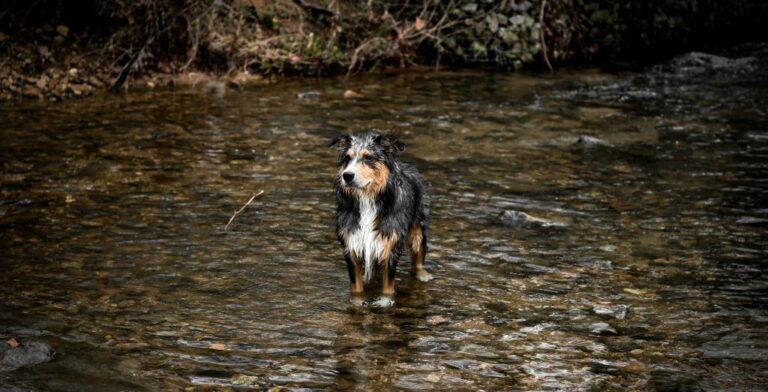Great Pyrenees: A Loyal and Majestic Guardian
The Great Pyrenees is a majestic and powerful dog breed renowned for its protective nature, intelligence, and loyalty. Originally bred to guard livestock in the Pyrenees Mountains, these gentle giants are now beloved family companions. Their thick, weather-resistant coats and calm demeanor make them an excellent choice for those seeking a devoted protector. In this article, we will explore the Great Pyrenees’ history, temperament, care needs, and training requirements.
History and Origin
The Great Pyrenees boasts a history spanning thousands of years. Originating in the Pyrenees Mountains between France and Spain, this breed was developed to guard sheep against predators like wolves and bears. Their bravery, intelligence, and ability to work independently made them indispensable to shepherds. By the 17th century, the breed became popular among French nobility, cementing its status as a regal and respected guardian.
Appearance and Characteristics
The Great Pyrenees is a large, muscular dog with a thick, double coat that protects against harsh weather. Key characteristics include:
- Size: Males weigh between 100-160 lbs, while females range from 85-115 lbs.
- Coat: Dense, white fur, sometimes with markings of gray, tan, or reddish-brown.
- Eyes: Dark brown and expressive, radiating intelligence and gentleness.
- Ears: Medium-sized, triangular, and set high on the head.
- Tail: Long and plumed, carried low or over the back when alert.
Temperament and Personality
The Great Pyrenees is known for its gentle, patient, and protective nature. While they form strong bonds with their families, they remain instinctively wary of strangers, making them excellent watchdogs. Key temperament traits include:
- Loyal and Affectionate: Deeply devoted to their families, especially children.
- Independent Thinkers: They can be stubborn, requiring consistent training.
- Calm Yet Protective: Generally gentle but will defend their loved ones if necessary.
- Night time Guardians: Historically nocturnal, they may be alert at night.
Training and Socialization
Training a Great Pyrenees requires patience and consistency due to their independent nature. Here are some training tips:
- Start Early: Begin socialization and training as a puppy to instill good behavior.
- Positive Reinforcement: Use rewards like treats and praise to encourage learning.
- Firm Leadership: Establish yourself as the pack leader without being harsh.
- Expose to Different Situations: Introduce them to new people, pets, and environments to ensure they grow into well-adjusted adults.
Exercise and Activity Needs
Despite their large size, Great Pyrenees dogs do not have high energy levels. However, they require daily moderate exercise to maintain health.
- Daily Walks: 30-60 minutes of walking keeps them fit and engaged.
- Secure Yard: A fenced yard provides space to roam safely.
- Mental Stimulation: Interactive toys and puzzle feeders help prevent boredom.
Grooming and Care
The Great Pyrenees’ thick coat requires regular maintenance:
- Brushing: At least 2-3 times a week to prevent mats and tangles.
- Bathing: Every 6-8 weeks or as needed.
- Ear Cleaning: Check regularly for wax buildup or infections.
- Nail Trimming: Monthly trims to prevent overgrowth.
- Shedding: Heavy seasonal shedding, especially in spring and fall.
Health and Lifespan
The Great Pyrenees generally enjoys a lifespan of 10-12 years, but like all breeds, they are prone to some health issues:
- Hip Dysplasia: Common in large breeds; maintain a healthy weight to prevent worsening.
- Bloat (Gastric Torsion): Can be life-threatening; feed smaller meals and avoid excessive activity after eating.
- Ear Infections: Due to their floppy ears, regular cleaning is essential.
Is the Great Pyrenees Right for You?
Before bringing a Great Pyrenees into your home, consider these factors:
- Space: They thrive in large homes with ample outdoor space.
- Training Commitment: Requires patient and firm training due to independent nature.
- Grooming Needs: Regular brushing and maintenance are essential.
- Lifestyle Compatibility: Best suited for active families or those needing a guardian dog.
Conclusion
The Great Pyrenees is an affectionate and protective breed that makes a fantastic family companion and guardian. With proper training, socialization, and care, they are a loyal and loving addition to the right home. Their intelligence and majestic appearance make them one of the most impressive working dog breeds in the world.
FAQs
1. Are Great Pyrenees good with children?
Yes, they are known for their gentle and protective nature, making them excellent family dogs.
2. Do Great Pyrenees require a lot of exercise?
No, they have moderate exercise needs but require daily walks and mental stimulation.
3. Are Great Pyrenees easy to train?
They can be stubborn and independent, so consistent training with positive reinforcement is crucial.


